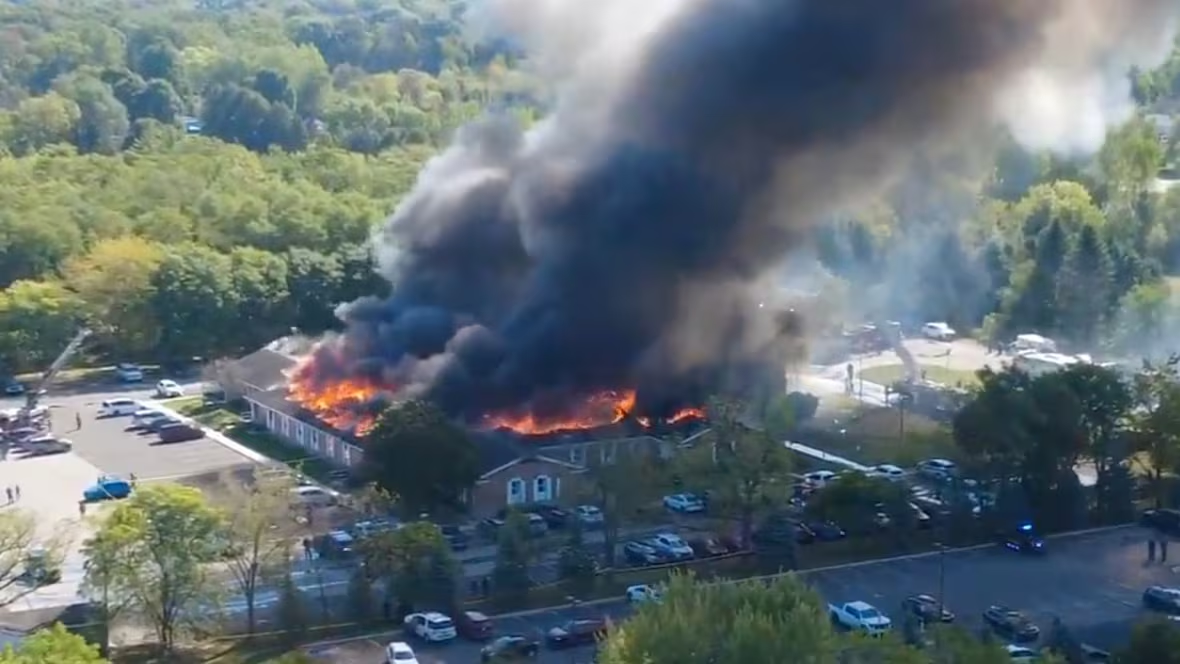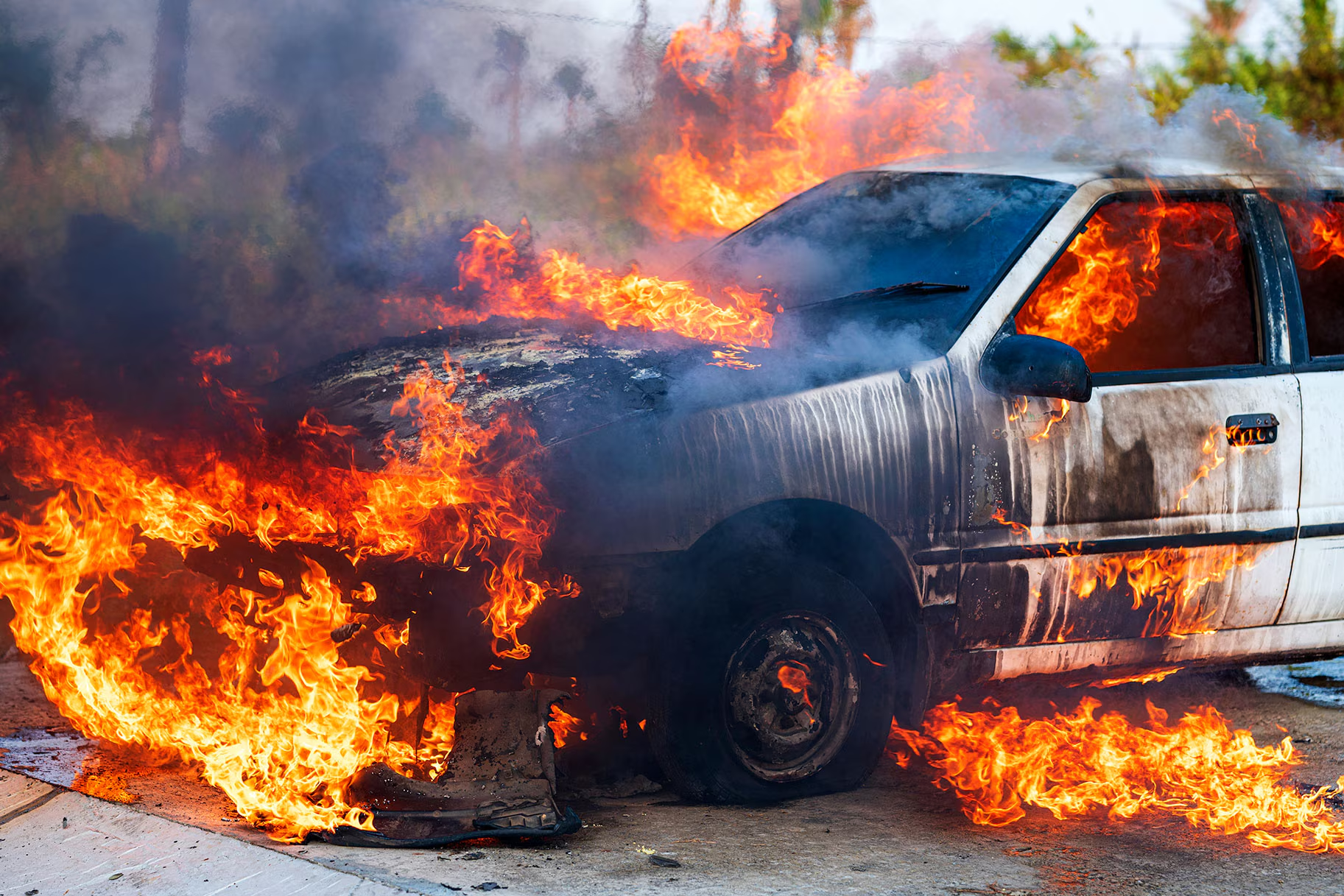
Tragedy at a Michigan Church: A Community in Mourning
On a quiet Sunday morning in Michigan, what was supposed to be a time of peace, worship, and fellowship turned into a day of chaos and heartbreak. A shooting at a local church shattered the sense of safety that many felt within the sacred walls. Congregants who came together to pray and find comfort in faith instead found themselves running for their lives. This tragedy has left the entire community shaken, raising painful questions about security, violence, and the future of places of worship.
The Incident
According to authorities, the incident occurred during a regular Sunday service when the church was filled with dozens of worshippers. Witnesses reported that the suspect entered quietly before opening fire. The sudden eruption of violence created panic. Some members of the congregation ducked under pews, while others rushed toward side exits to protect children and elderly family members. Within moments, the church — once filled with hymns — was consumed by screams, chaos, and the sound of gunfire.
First responders arrived quickly, but the damage was already devastating. Several people were critically injured, and others lost their lives. The church, which had stood for decades as a pillar of hope in the neighborhood, instantly became the center of a nightmare that few could have imagined.
A Community in Shock
Michigan is no stranger to discussions about gun violence, but this particular tragedy struck a unique chord. For many, a church is more than just a building; it is a refuge, a sanctuary, a place where families gather to worship and strengthen community bonds. To see violence erupt in such a sacred space feels almost unimaginable.
Residents of the surrounding area rushed to the scene as soon as news spread. Some were searching for loved ones who had attended the service, while others came simply to offer prayers and support. In the hours following the shooting, a makeshift memorial began to form near the church doors. Flowers, candles, and handwritten notes were placed in honor of the victims. One message read: “We should never be afraid to worship. God, give us strength.”
Law Enforcement and Investigation
Police confirmed that the suspect was apprehended shortly after the shooting. Investigators are now working tirelessly to piece together the events that led up to the attack. They are examining the suspect’s background, possible motives, and whether there were any warning signs. Authorities have not ruled out mental health struggles, personal grievances, or broader ideological influences.
The tragedy also reignites debates about security measures at houses of worship. Some churches in the United States have already taken steps such as installing security cameras, hiring guards, or training volunteers for emergencies. However, many smaller congregations lack the resources to do so. Leaders now face the difficult question of how to maintain open and welcoming spaces while also protecting their members.
The Human Cost
Behind every headline and statistic are the lives that have been forever changed. Families are grieving the loss of loved ones who had simply come to pray. Survivors are coping with trauma, replaying the terrifying moments in their minds. Pastors and church leaders are struggling to guide their communities through the spiritual and emotional aftermath of such senseless violence.
One survivor shared that she had been sitting in the second row when the shooting began. She recalled grabbing her child and running, only to turn back and see close friends still inside. “We came here to worship, and we left with broken hearts,” she said through tears. Stories like hers highlight the lasting scars that such events leave on individuals and entire communities.
National Reaction
The shooting has sparked widespread condemnation and sorrow across the country. Religious leaders from various denominations have expressed solidarity with the Michigan church, offering prayers and calls for unity. Political leaders have also weighed in, many reiterating the urgent need to address gun violence in America.
The debate, however, remains polarized. Some argue for stricter gun laws to prevent such tragedies, while others insist that the focus should be on mental health and community intervention. Regardless of differing perspectives, the shared grief has created a moment where the nation is once again forced to confront the reality of mass shootings in spaces once considered safe.
Moving Forward
For the church at the heart of this tragedy, the path forward will be difficult. Services may be suspended as the building undergoes investigation and repairs. Counseling and support groups are being organized to help survivors and families cope with trauma. Community vigils are expected in the coming days, as neighbors come together to honor the victims and reaffirm their bonds.
While the pain of loss is undeniable, there is also a sense of resilience. Many in the community have vowed that fear will not define them, and that faith will remain stronger than violence. “Our church is not just a building,” one pastor declared. “It is the people, and we will continue to stand together.”
The Michigan church shooting is a heartbreaking reminder of the fragility of life and the urgency of addressing violence in all its forms. It raises profound questions about safety, faith, and the future of public gathering spaces. Yet amid the grief, there remains a glimmer of hope: the resilience of communities that refuse to be broken, the strength of faith that endures even in tragedy, and the determination of people to seek peace in a world too often marred by violence.
By:Wilgens Sirise






